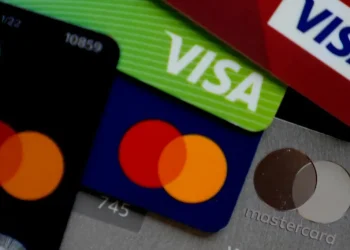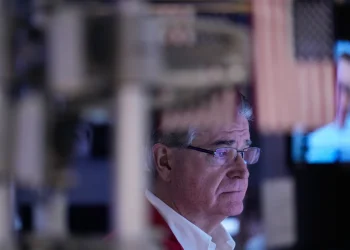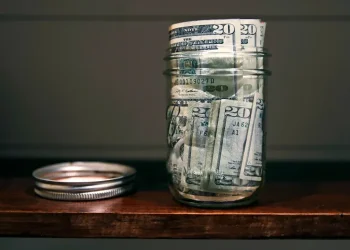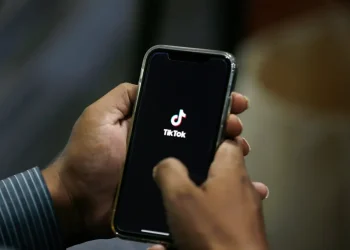Charlie Javice Convicted of Defrauding JPMorgan in $175 Million Startup Sale
Charlie Javice, the founder of the financial aid startup Frank, was convicted on Friday of defrauding JPMorgan Chase out of $175 million by vastly inflating her company’s customer numbers. A Manhattan federal jury delivered the guilty verdict after a five-week trial, marking another high-profile fraud case in the tech industry.
Javice, 32, along with her co-defendant Olivier Amar, misled JPMorgan by claiming Frank had more than four million users, when in reality, the company had only about 300,000. The bank had acquired the startup in 2021, believing it could tap into a large base of young customers. However, an internal investigation later revealed that much of the data provided was falsified.
Frank was marketed as a game-changing platform designed to simplify the complex Free Application for Federal Student Aid (FAFSA) process. It charged students small fees in exchange for assistance in maximizing their financial aid eligibility. The startup gained significant media attention, with Javice even earning a spot on Forbes’ “30 Under 30” list.
JPMorgan executives testified that they were led to believe Frank had a rapidly growing customer base, expecting the number of users to reach 10 million by the end of the year. However, after acquiring the company, the bank found that the vast majority of these accounts were fabricated. Prosecutors presented evidence showing that Javice had paid a college acquaintance $18,000 to generate millions of fake names with accompanying personal details.
Frank’s chief software engineer, Patrick Vovor, testified that Javice and Amar had asked him to create synthetic data to support their false claims. When he questioned the legality of the request, he was allegedly reassured that they “didn’t want to end up in orange prison jumpsuits.” Vovor refused to comply, later becoming a key witness for the prosecution.
Javice’s lawyer, Jose Baez, argued that JPMorgan was aware of Frank’s true user numbers before the acquisition. He claimed the bank had “buyer’s remorse” after regulatory changes rendered the data it obtained from the deal less valuable for customer acquisition. Baez also accused the prosecution’s star witness, Vovor, of being personally biased against Javice, suggesting he was resentful over an unreciprocated romantic interest—an allegation Vovor denied.
Javice and Amar were convicted on all four charges, including conspiracy, bank fraud, and wire fraud, each carrying a potential sentence of up to 30 years in prison. Defense lawyers have requested the judge to set aside the verdict, arguing that the evidence was insufficient for conviction.
Judge Alvin K. Hellerstein is set to hear arguments next week and will also decide whether Javice and Amar should wear ankle monitors while awaiting sentencing, scheduled for July 23. Javice’s attorneys claim the monitor would interfere with her new job as a Pilates instructor.
Since her 2023 arrest, Javice has been free on $2 million bail while residing in Florida. Prosecutors emphasized that her conviction sends a strong message about the consequences of financial fraud in the tech industry.
Javice’s downfall is reminiscent of other high-profile tech fraud cases, such as that of Theranos founder Elizabeth Holmes. Her rise to prominence was fueled by promises of innovation, but it ultimately unraveled under scrutiny.
JPMorgan, which had hoped to integrate Frank into its financial services, was left with a costly lesson about due diligence in startup acquisitions. Acting Manhattan U.S. Attorney Matthew Podolsky summed up the case, stating: “While Javice and Amar may have thought they could lie and cheat their way to a huge payday, their lies caught up with them, and they now stand convicted by a jury of their peers.”
This article was rewritten by JournosNews.com based on verified reporting from trusted sources. The content has been independently reviewed, fact-checked, and edited for accuracy, neutrality, tone, and global readability in accordance with Google News and AdSense standards.
All opinions, quotes, or statements from contributors, experts, or sourced organizations do not necessarily reflect the views of JournosNews.com. JournosNews.com maintains full editorial independence from any external funders, sponsors, or organizations.
Stay informed with JournosNews.com — your trusted source for verified global reporting and in-depth analysis. Follow us on Google News, BlueSky, and X for real-time updates.














